This JAMA Patient Page describes prostate cancer symptoms, screening, diagnosis, and treatment.
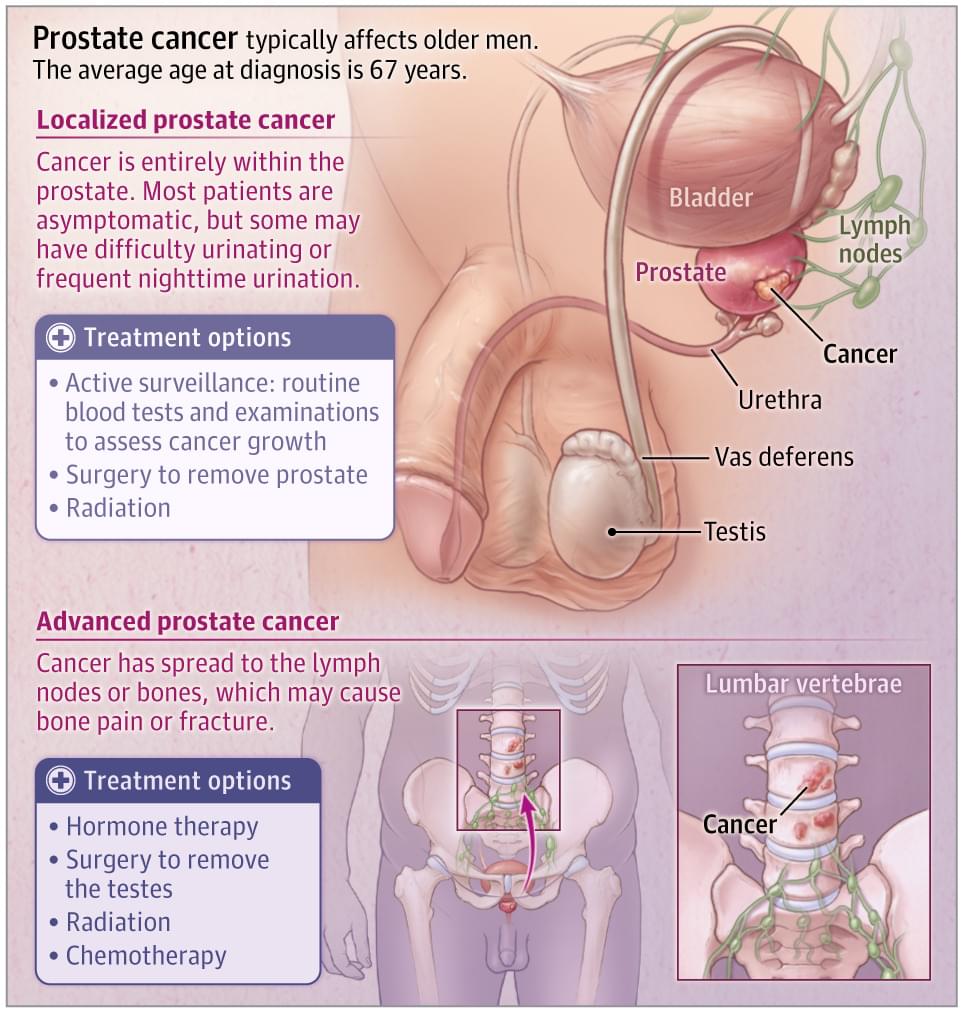

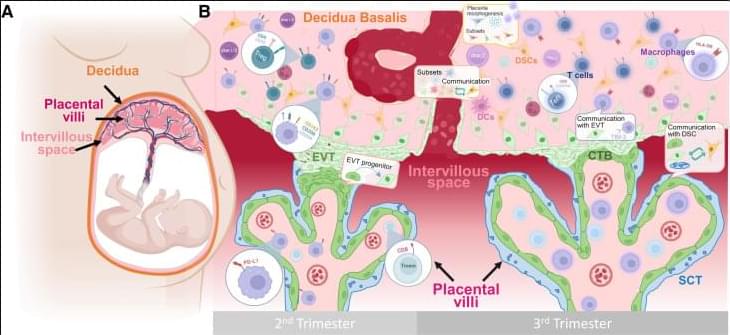
The maternal-fetal interface represents a critical site of immunological interactions that can greatly influence pregnancy outcomes. The unique cellular composition and cell-cell interactions taking place within these tissues has spurred substantial research efforts focused on the maternal-fetal interface. With the recent advent of single-cell technologies, multiple investigators have applied such methods to gain an unprecedented level of insight into maternal-fetal communication. Here, we provide an overview of the dynamic cellular composition and cell-cell communications at the maternal-fetal interface as reported by single-cell investigations.
Questions to inspire discussion.
🛻 Q: How did the Cybertruck perform in safety tests? A: The Cybertruck received a 5-star rating from NITSA, achieving the lowest overall probability of injury and lowest chance of rollover ever for a tested pickup truck.
🤖 Q: What role do humanoid robots play in Tesla’s future valuation? A: Tesla’s humanoid robots at massive scale are considered a key factor in reaching a potential $20 trillion valuation, according to Elon Musk’s modeled scenarios.
Expansion of Autonomous Services.
🚕 Q: What are Tesla’s plans for robotaxi service in San Francisco? A: Tesla plans to launch a robotaxi service in San Francisco this weekend, with drivers in the driver’s seat to collect data for regulatory approval.
📊 Q: How quickly is Tesla expanding its robotaxi service in Austin? A: Tesla’s autonomous vehicles have collected thousands of intervention-free drives in Austin, with robotaxis expanding their service area in less than 3 weeks after launch.

TOI Tech Desk’s news coverage spans a wide spectrum across gadget launches, gadget reviews, trends, in-depth analysis, exclusive reports and breaking stories that impact technology and the digital universe. Be it how-tos or the latest happenings in AI, cybersecurity, personal gadgets, platforms like WhatsApp, Instagram, Facebook and more; TOI Tech Desk brings the news with accuracy and authenticity.

In contemporary artificial intelligence, transformers are everywhere, changing the way we do everything from natural language processing to computer vision. People have rushed to play with GPT-4 and other AI text models built on top of Transformer architectures because the machines are capable of solving problems they previously couldn’t, riffing stories, code or poetry, creating images from sentences, even speaking like Turing test-worthy humans. But as artificial intelligence improves, researchers have found that a grid-based or sequential approach to data has increasingly stringent constraints. And there’s a new AI technology that holds the potential of unraveling the mysteries that our complex and interconnected world holds around us: Graph Neural Networks (GNNs).
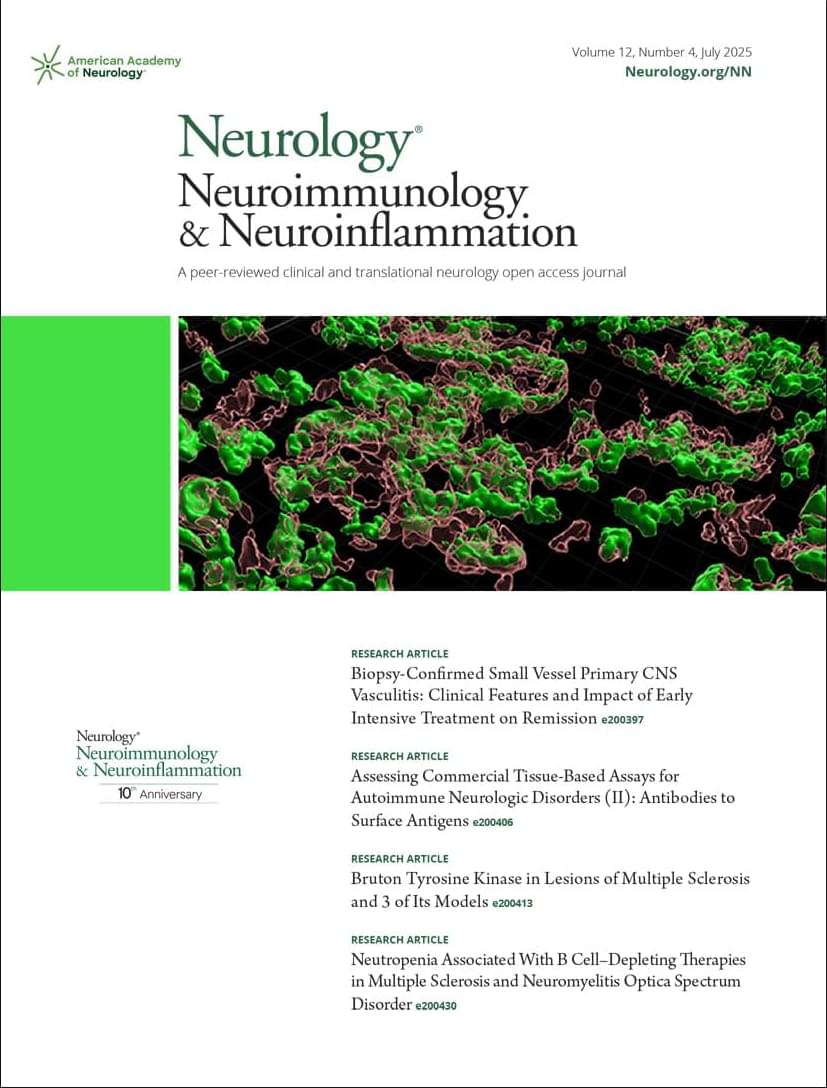
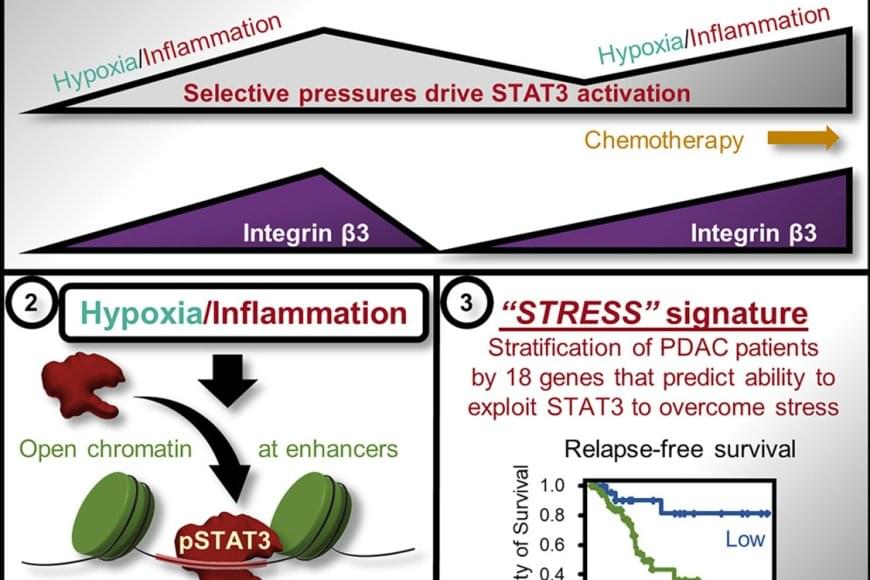
Precancerous cells must adapt to and overcome cellular stress and inflammation in order to progress and form malignant tumors. Now, researchers have identified a link between stress and inflammation and pancreatic ductal adenocarcinoma (PDAC), one of the most aggressive and lethal types of cancer. The findings could serve as an early warning system for the disease, leading to the detection of PDAC before it becomes life-threatening.
Previous studies have shown that inflammation and cellular stress activate a protein called STAT3 — short for signal transducer and activator of transcription 3 — in pancreas cells, promoting tumor initiation, adaptation to stress and resistance to treatment. How STAT3 accomplishes this has not been understood until now.
In the current study, the researchers discovered that in some cancer cells, STAT3 is able to activate specific genes critical for adaptation to stress and inflammation. They found:
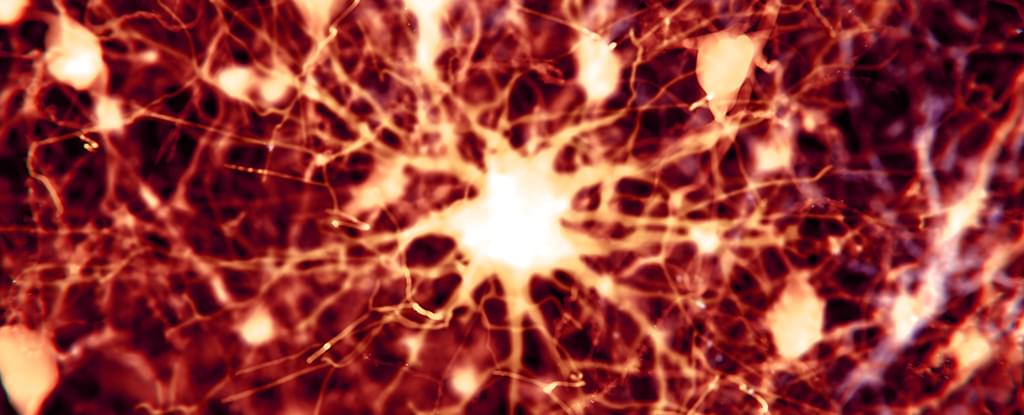
In efforts to beat Alzheimer’s disease, researchers are looking at existing drugs that could tackle the condition, and a new study identifies two promising candidates that are currently used to treat cancer.
Already approved by regulators in the US – meaning potential clinical trials for Alzheimer’s could start sooner – the drugs are letrozole (usually used to treat breast cancer) and irinotecan (usually used to treat colon and lung cancer).
Researchers from the University of California, San Francisco (UCSF) and Gladstone Institutes started by looking at how Alzheimer’s altered gene expression in the brain.
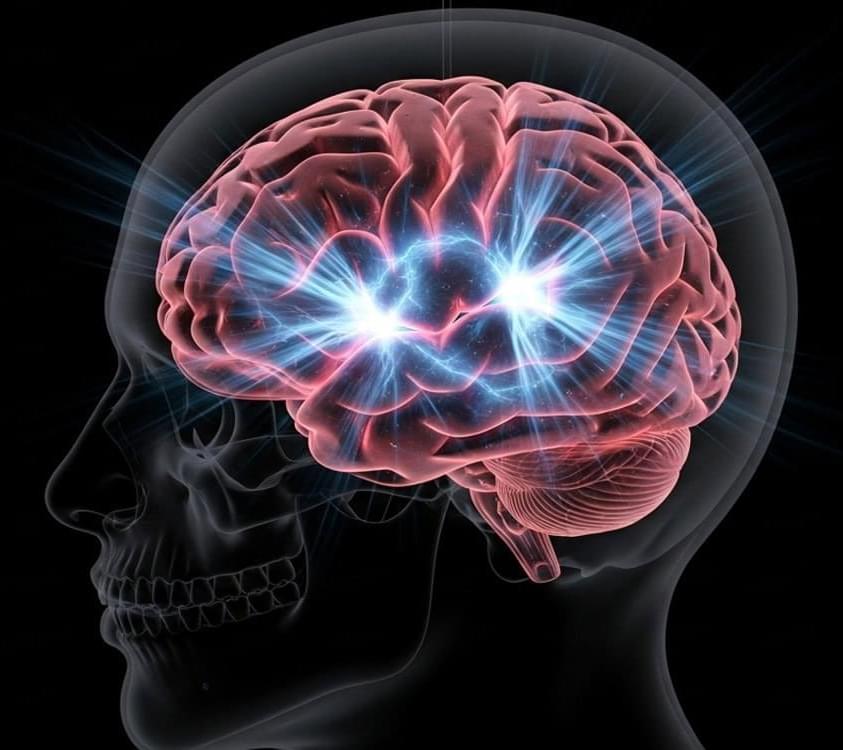
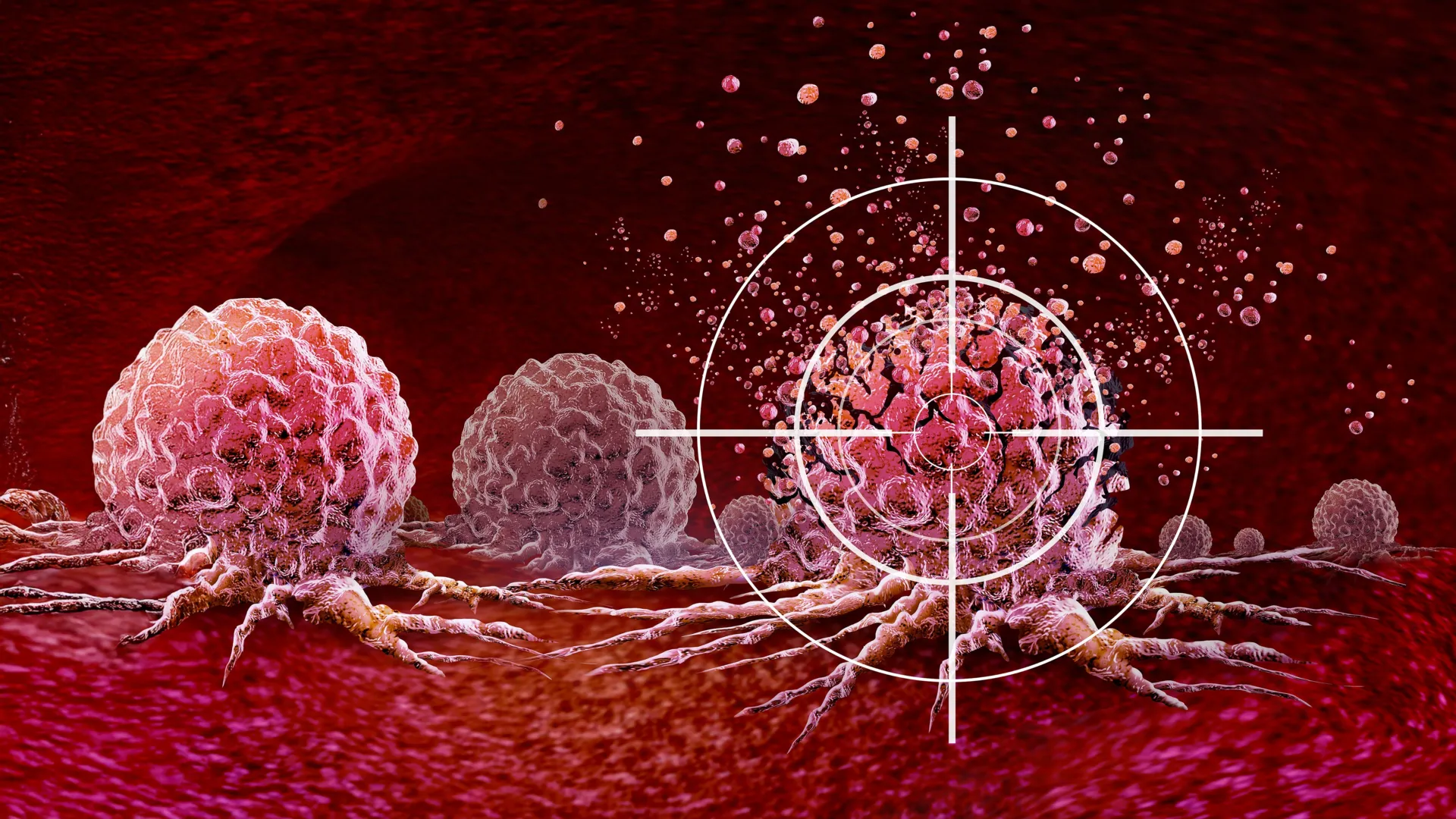
A breakthrough AI system is revolutionizing cancer immunotherapy by enabling scientists to design protein-based keys that train a patient s immune cells to attack cancer with extreme precision. This method, capable of reducing development time from years to weeks, was successfully tested on known and patient-specific tumor targets. Using virtual safety screenings to avoid harmful side effects, the platform represents a leap forward in personalized medicine.